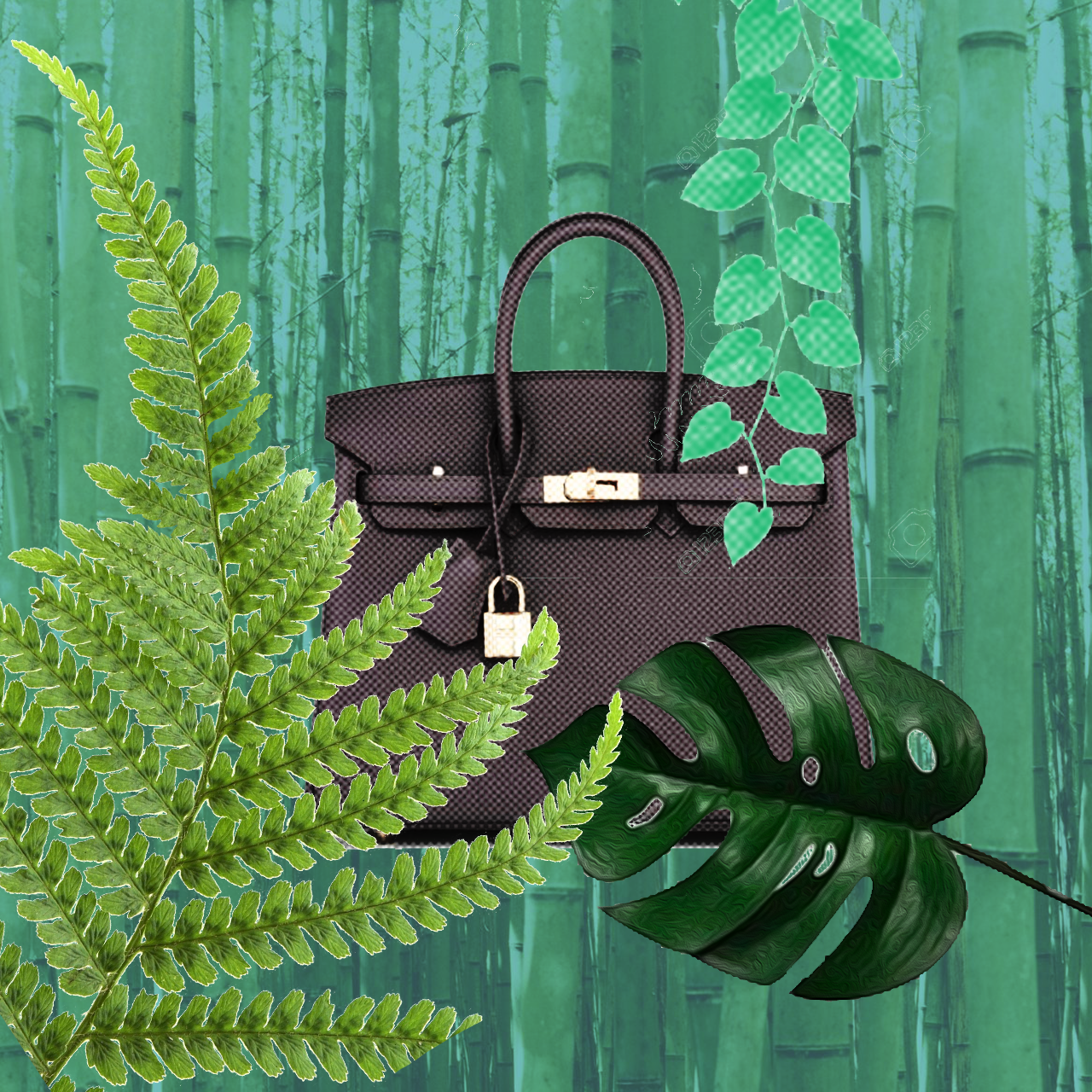When we think of Luxury, we seldom think of Sustainability as a word that might have any relevance with it. By definition, Luxury is associated with high levels of consumption and materialism which works in direct contrast with the belief system of sustainability and consciousness.
The Paradox Of Luxury refers to the inherent tension between the Luxury industry’s traditional values of opulence, exclusivity and indulgence, and the Sustainability theory of consumption and development goals based on minimizing negative environmental and social impacts. Sustainable development aims to reduce waste, promote social welfare and minimize ecological footprint whereas the Luxury industry seems to be focused on novelty and extravagance.
While we may never be able to define what true sustainability looks like in Luxury, we may definitely work to reconcile these differences in ways that incorporate values and ethics from both. For example, the Luxury industry can adapt its production and distribution processes and channels with practices such as ethical sourcing, circularity and eco-friendly materials to reduce their environmental impact while still being committed to providing quality and exclusivity to its consumers. Brands can also adapt ethical practices such as fair trade and responsible mining to promote social welfare and environmental conservation.
However, having said this, we also see where, and why, the Luxury industry struggles with adapting itself to this culture of Sustainability.
Luxury Consumers have a very peculiar personality and even more peculiar consumption pattern. Not every luxury consumer (or every ordinary consumer for that matter) prioritizes sustainability in their buying decisions. They value exclusivity and novelty of luxury materials such as exotic animal skins, rare stones, etc. over sustainability. Luxury brands inevitably would have to cater to these demands or they risk losing business.
Another key area where brands are caught in a grapple is hedonistic consumption. Buying regular luxury invokes feelings of sheer joy and pleasure in the consumer unmatched by that of buying sustainable luxury. Vanity, status signaling and social standing are very real factors that affect consumption behavior in the Luxury segment.
Luxury industry is in a unique position where it has the power to influence consumption patterns. But, at the crux of it, we also need to understand, and empathize with, the consumer side of it. By embracing sustainable practices and raising awareness, and educating, amongst consumers, luxury brands can pave the way towards a more sustainable future while maintaining their status as leaders in the industry.
The Paradox of Sustainable Luxury highlights the need for luxury brands to find a balance between its traditional values and sustainable development. By embracing these practices, luxury brands can contribute towards a better future. But by listening to their consumers’ problems and struggles, they also have the unique opportunity to become more empathetic and compassionate businesses, which will only help them in the long run. In this series on Sustainable Luxury, we take a nosedive into the conflicting yet correlated issues and try to get a more comprehensive understanding, and a kinder approach, to this Paradox.





